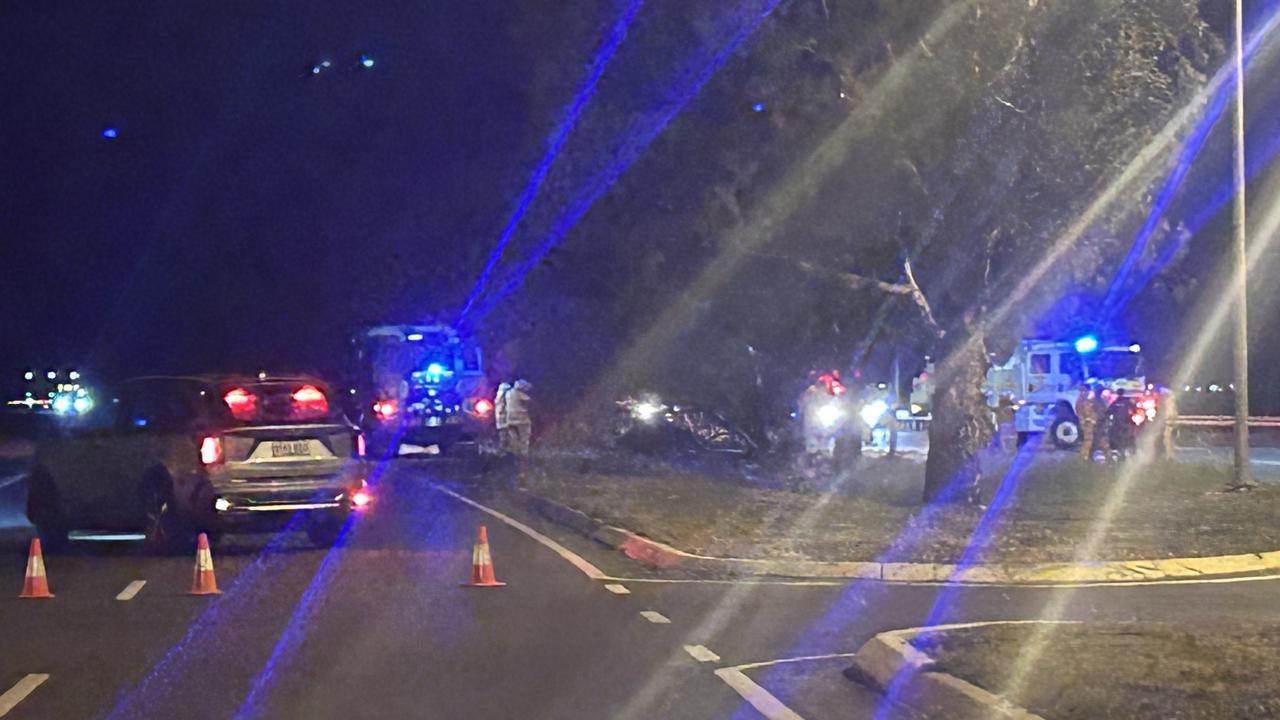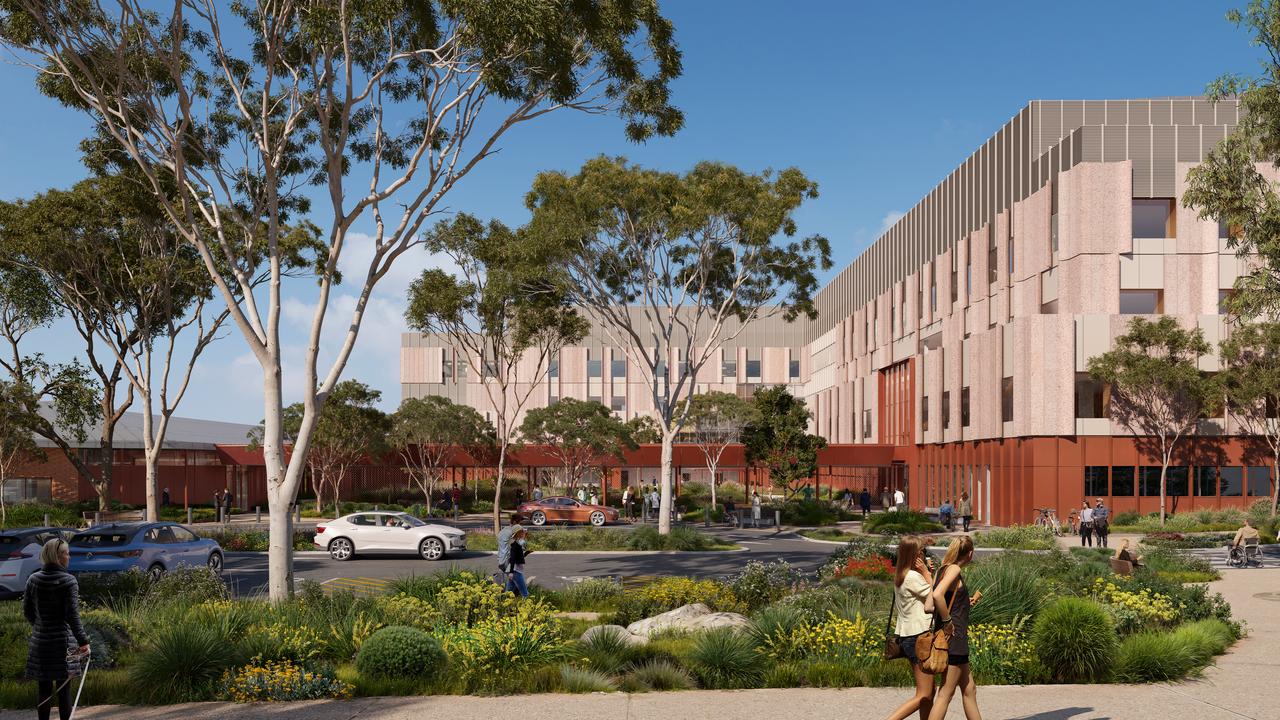Alternative care options pave the way for home treatment
From video conferencing to Urgent Care Clinics, a suite of alternative care options help ensure South Australians have greater access to healthcare when it is needed most.
SA News
Don't miss out on the headlines from SA News. Followed categories will be added to My News.
South Australia’s virtual care services are playing a crucial role in improving access to health care and easing the demand for acute hospital beds.
Virtual care services are part of a suite of alternative care options – also including Priority Care Centres, Medicare Urgent Care Clinics, and designated 24/7 pharmacies – that are designed to provide South Australians with greater access to healthcare when it is needed most.
Virtual care remotely connects patients with a range of healthcare professionals to deliver care when and where it’s needed.
This might be in the form of a phone call, video conference or remote monitoring using technology to collect and send medical data without having to present in person.
The Child and Adolescent Virtual Urgent Care Service (CAVUCS) is operating out of the Women’s and Children’s Hospital and is staffed by highly-skilled paediatric emergency nurses, doctors and multi-disciplinary mental health clinicians.
They focus on supporting young people (aged from six months to 18 years), their carers, treating GPs, SA Ambulance crews, and regional clinicians in managing non-life-threatening conditions.
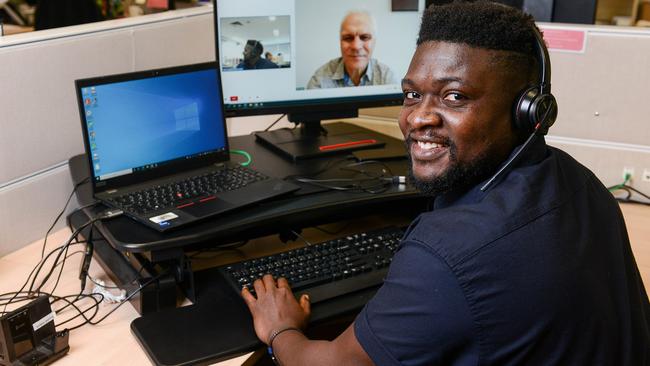
CAVUCS is able to see a variety of urgent and semi-urgent conditions such as sports injuries, coughs and colds, fever, minor head injuries, rashes, abdominal pain and mental health.
They can also refer children to services such as X-rays and blood tests.
The free service can be accessed by registering through the Women’s and Children’s Hospital website and is available seven days a week from 9am to 9pm.
Since its inception they have seen 54,000 patients and now average 65 patients per day.
Most are given self-care advice and 93 per cent do not need to attend a hospital.
The adult-focused SA Virtual Care Service (SAVCS), based at the Tonsley Innovation District, provides a rapid video-link assessment of urgent patients on-scene with first responders such as SA Ambulance crews, regional clinicians or aged and disability care staff.
According to its executive director, David Morris, SAVCS has managed more than 40,000 referrals, with 80 per cent of patients treated quickly on site – without the need for the patient to attend a hospital emergency department.
The median visit time is around 40 minutes, and faster than the time it would take to get to a hospital and be treated.
“You don’t always need to go to hospital to get hospital-level care,” Morris says.
“It’s something we can provide in the home or other community settings.
“We believe the difference the service
has made is equivalent to about 100 hospital beds a day.
“When we first started we found a significant number of patients from aged care facilities were presenting to hospital for medical care and advice that could be provided virtually, so we developed a direct RACF (residential aged care facility) pathway with
key partners including the SA Ambulance Service.”
The service has been rolled out to more than 220 aged care facilities across the state.
Providing assistance to staff in rural hospitals is another key element of the program, as is working closely with primary health care providers and GPs.
Morris says it will only be a matter of time before “virtual care” is considered mainstream.
“It’s just becoming a new way of providing care to people,” he says.
“I think ‘virtual care’ will just become ‘care’ over time – and be a key component of what health services around the world are doing.”
Virtual help the real deal for women
It’s always reassuring to know help is at hand – and particularly so for women in the early stages of pregnancy.
That’s why the Virtual Women’s Assessment Service has proved so invaluable since it launched a little more than a year ago.
Running under the umbrella of the Women’s and Children’s Health Network, the telehealth service provides expert, timely midwifery care for expectant mothers in the comfort of their own homes or communities.
A rotating team of about 20 midwives are involved in the program, which provides advice and treatment pathways to all South Australian women who are less than 20 weeks pregnant and experiencing symptoms of early pregnancy loss, nausea and vomiting or urgent gynaecological concerns such as abnormal bleeding.
Post-natal care is also offered to mothers – within the first six weeks of their baby’s birth – who may be experiencing complications or have breastfeeding concerns.
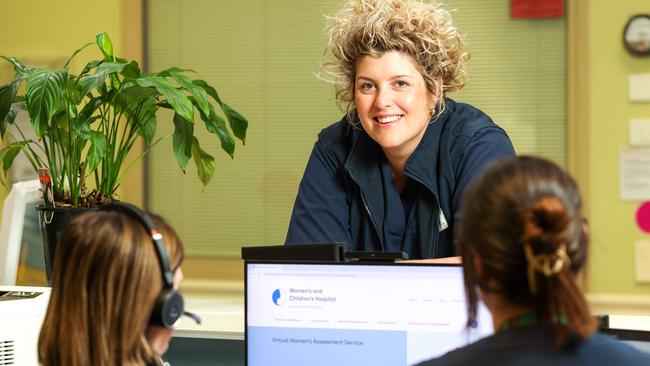
Acting Women’s Assessment Service midwifery unit manager Bianca Bartel says the well-received service has played a key role in reducing the need for hospital presentations.
“The way a woman’s pregnancy journey unfolds often requires multiple presentations to hospital, so that’s where the idea for the virtual services stemmed from – to try and divert some of those away from a hospital visit in the first instance,” she says. “We so far have seen and treated more than 1100 women, so we average around 100 to 150 virtual calls a month. We have expanded to include post-natal care and we are looking to include other expansion avenues as well.”
Being able to easily access expert advice provides great peace of mind, Bartel says.
“It can be a very emotionally challenging time,” she says of pregnancy. “So people do really appreciate the opportunity to be able to access care and advice from home where they can.
“We’ve had really overwhelmingly positive feedback. The women find the service and the midwives compassionate and informative and they’re able to form a really meaningful, trusting relationship.
“It’s also fantastic that people who live in rural areas or far from health services can also receive the same quality of care as women who live in metropolitan Adelaide.”
Being able to talk directly with a qualified professional via their computer screens can offer a host of benefits for patients.
“They do not have to present to an emergency department, can avoid long wait times in an ED waiting room and have a significantly reduced length of stay,” Bartel says.
If blood tests, ultrasounds or inpatient theatre bookings are required, these can all be co-ordinated by the midwife or clinician during the virtual assessment.
Open seven days a week, 8am-4pm, the service is available to any Medicare-registered woman in SA and can be accessed via the Women’s and Children’s Hospital website, wch.sa.gov.au
Young patients to benefit from mental health support
Despite major improvements in the level of care in recent decades, mental health remains a “significant issue in our community”.
That’s the opinion of the Chief Psychiatrist of South Australia, Dr John Brayley, who says that with one in five people experiencing a mental health problem in the past 12 months, moves by SA Health to expand and improve its facilities and services is welcome.
He says while opening up beds in new mental health wards – at The Queen Elizabeth, Noarlunga, Mount Barker, Mount Gambier and Modbury hospitals – is crucial, so too is the provision of specialised support for patients outside of hospital.
“Mental health is one of the biggest health issues facing our community in South Australia,” Dr Brayley says. “One in five people in the last 12 months will have experienced a mental health problem and 43 per cent of us will in our lifetime.”
Among the initiatives outlined by SA Health is a focus on improving mental health services for children and young people, including the recruitment of an additional 10 child psychologists and five psychiatrists working in the Child and Adolescent Mental Health Service, six additional specialty mental health nurses at the Women’s and Children’s Hospital and 100 new mental health and learning support specialists to work at public schools.
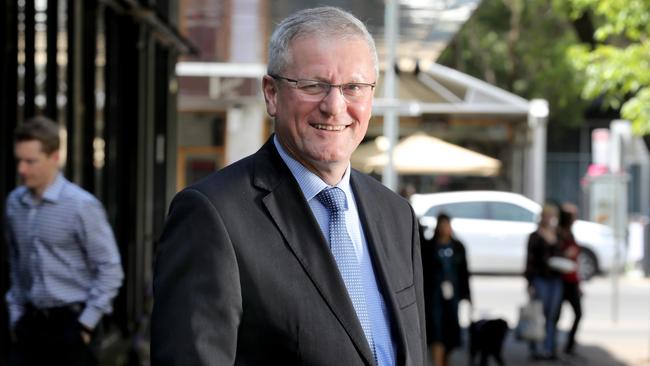
Dr Brayley says there has been a growing demand in mental health support services for younger people.
“Whereas for other age groups the incidence of mental health issues has been relatively constant, for youth there has been a significant increase over the past 10 to 15 years for people presenting and needing help and that needs to be factored in,” he says.
Aside from the focus on youth care, Dr Brayley says a new culturally-appropriate Aboriginal social and emotional wellbeing centre – which is currently being developed as a joint project between the state and Commonwealth – is another important initiative.
Dr Brayley says a number of other initiatives would also be “quite significant” in the mental healthcare landscape, including the
development of a mandatory standardised “suicide prevention pathway” for local health networks to follow, and a new draft Mental Health and Wellbeing Act for SA. There has also been work on an analysis tool to ensure human rights are upheld when new services are developed.
Originally published as Alternative care options pave the way for home treatment

